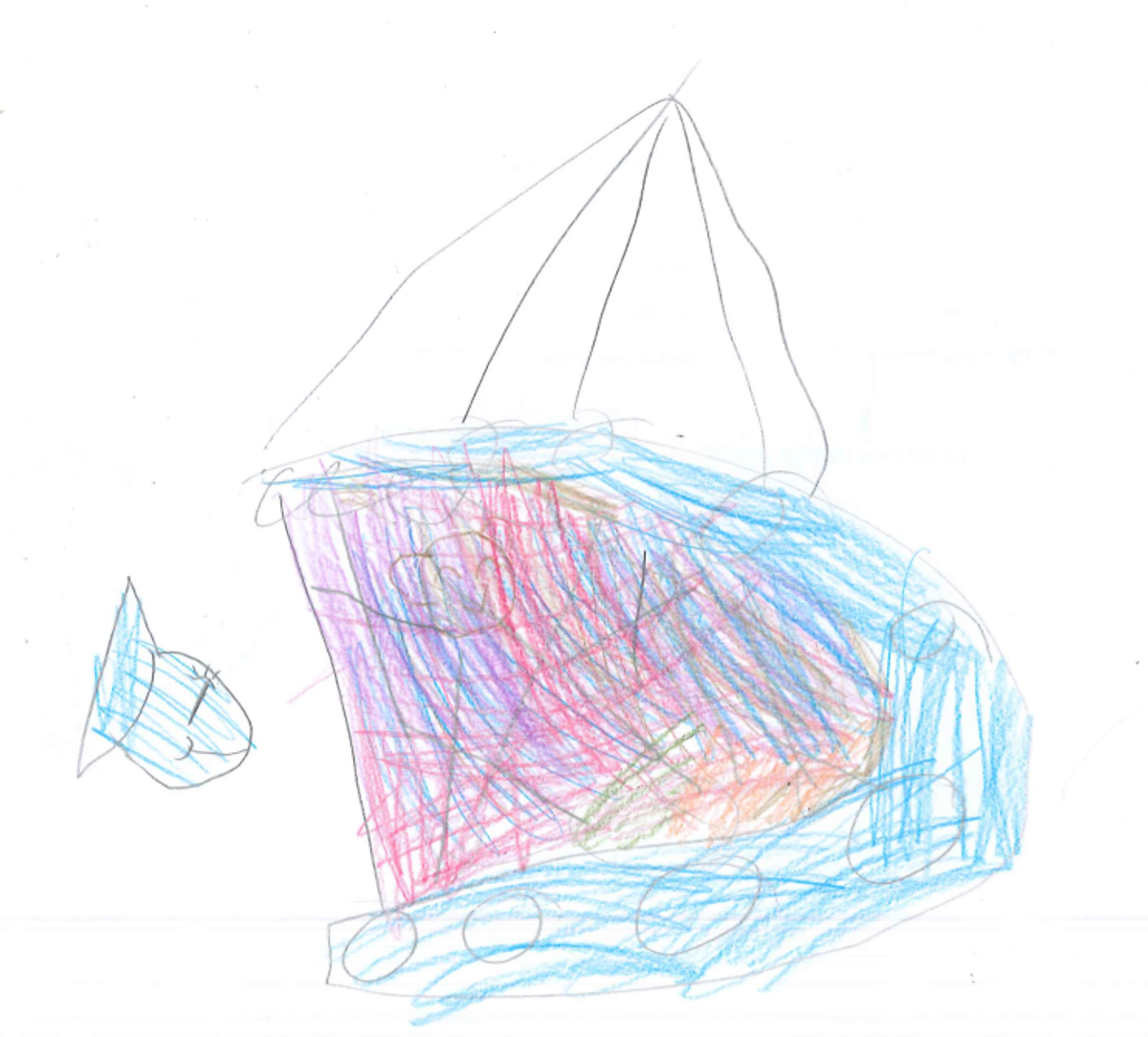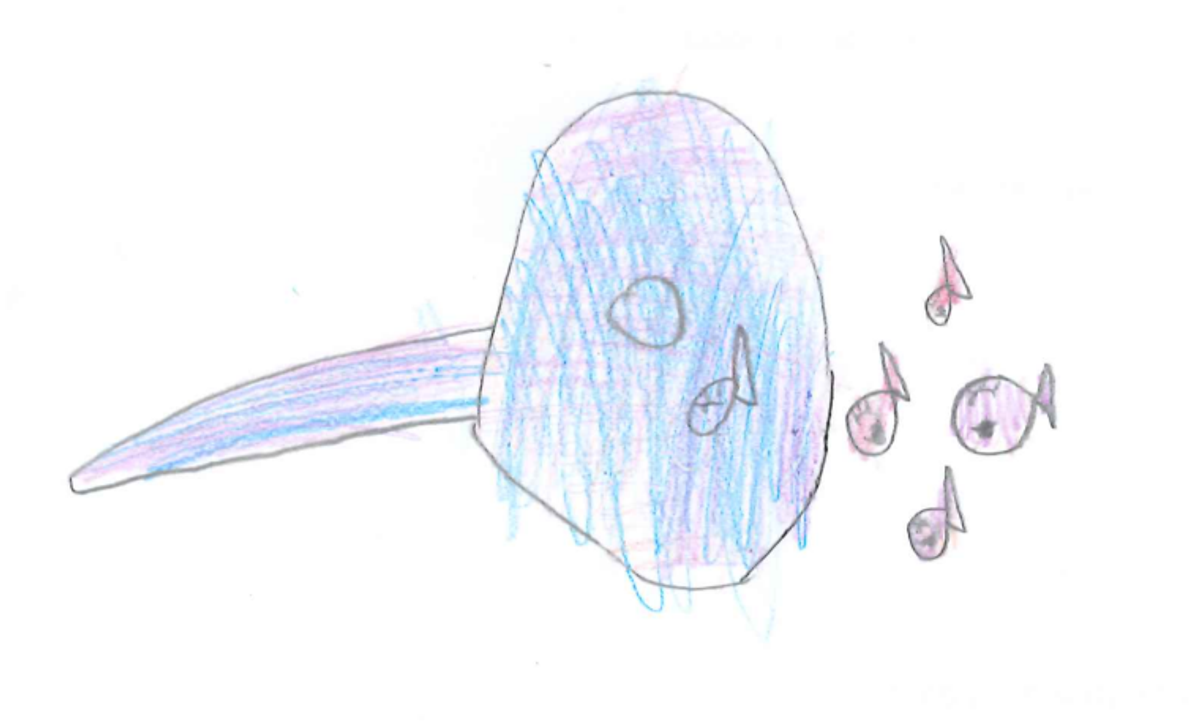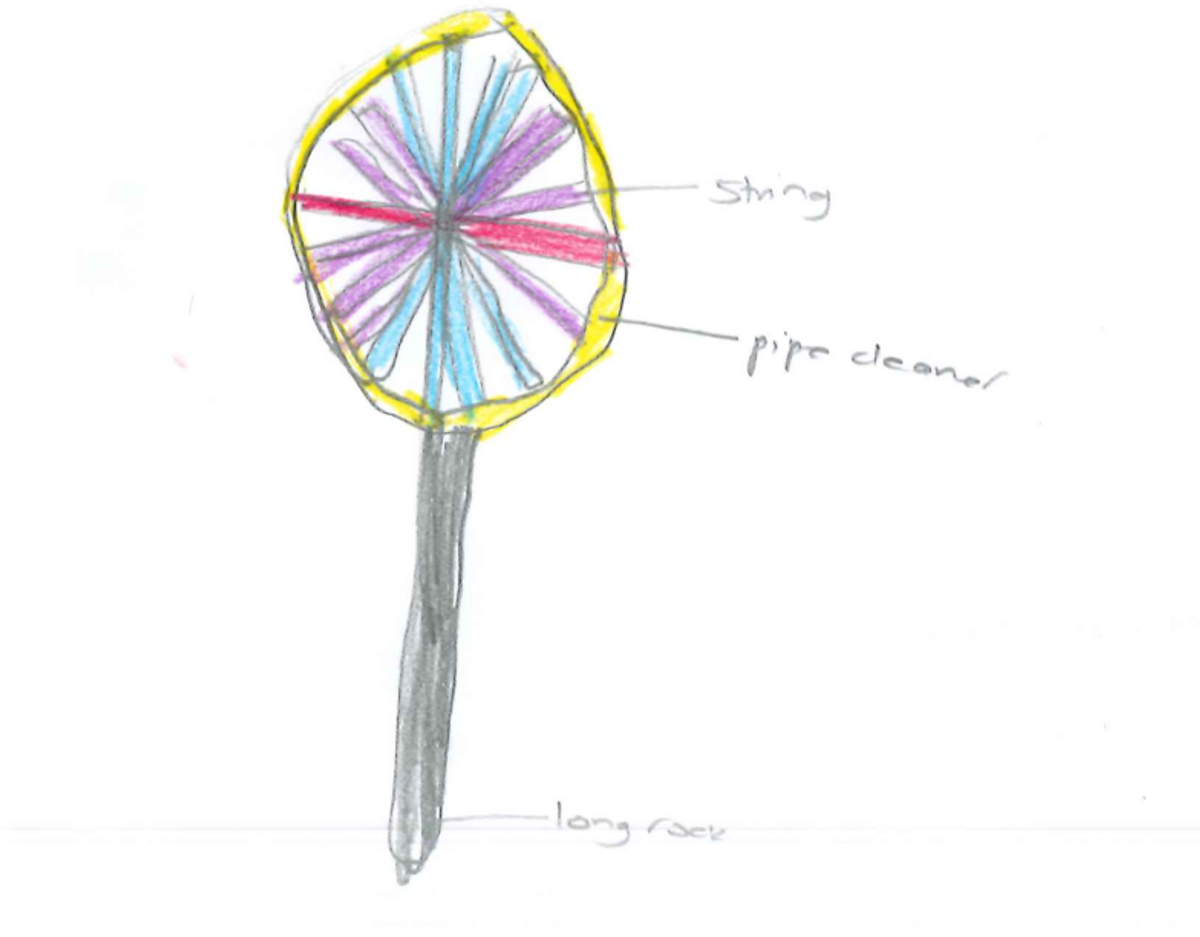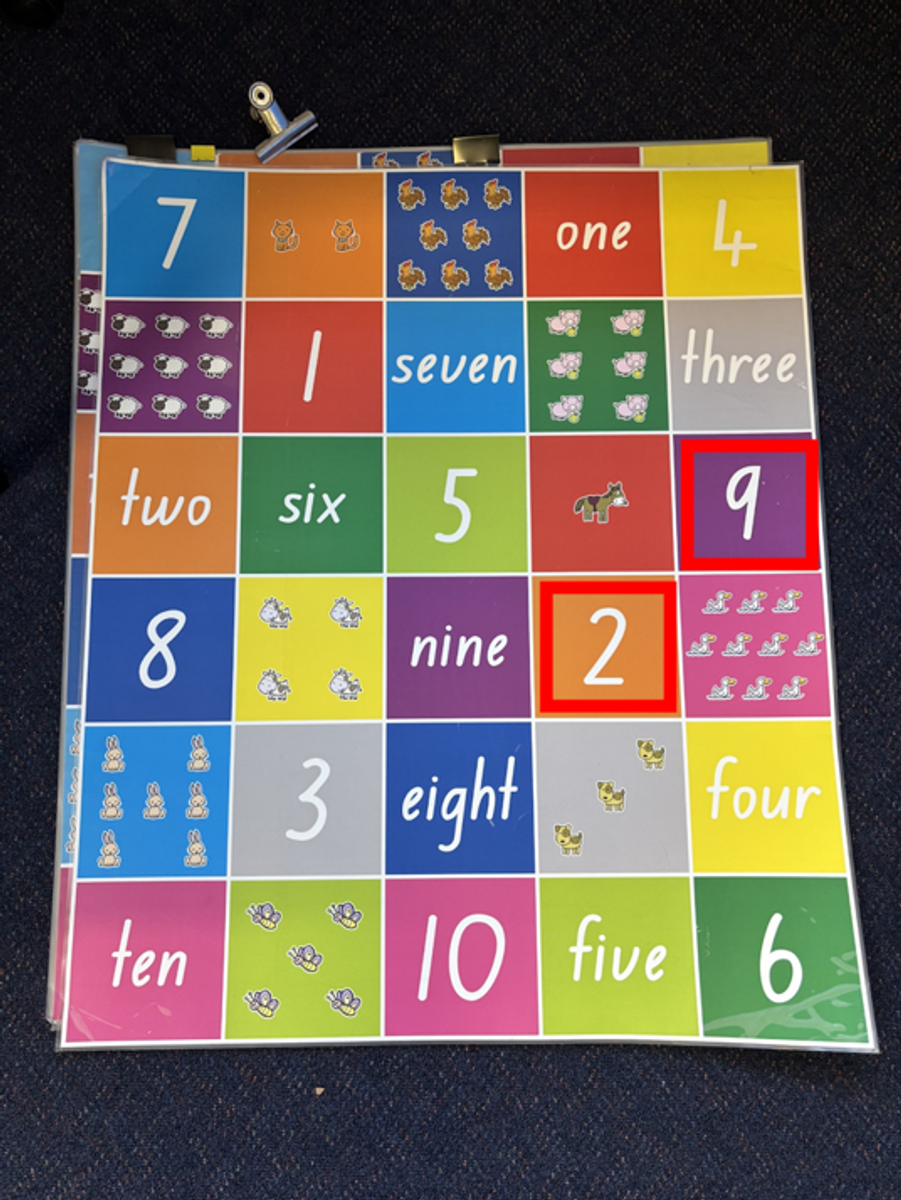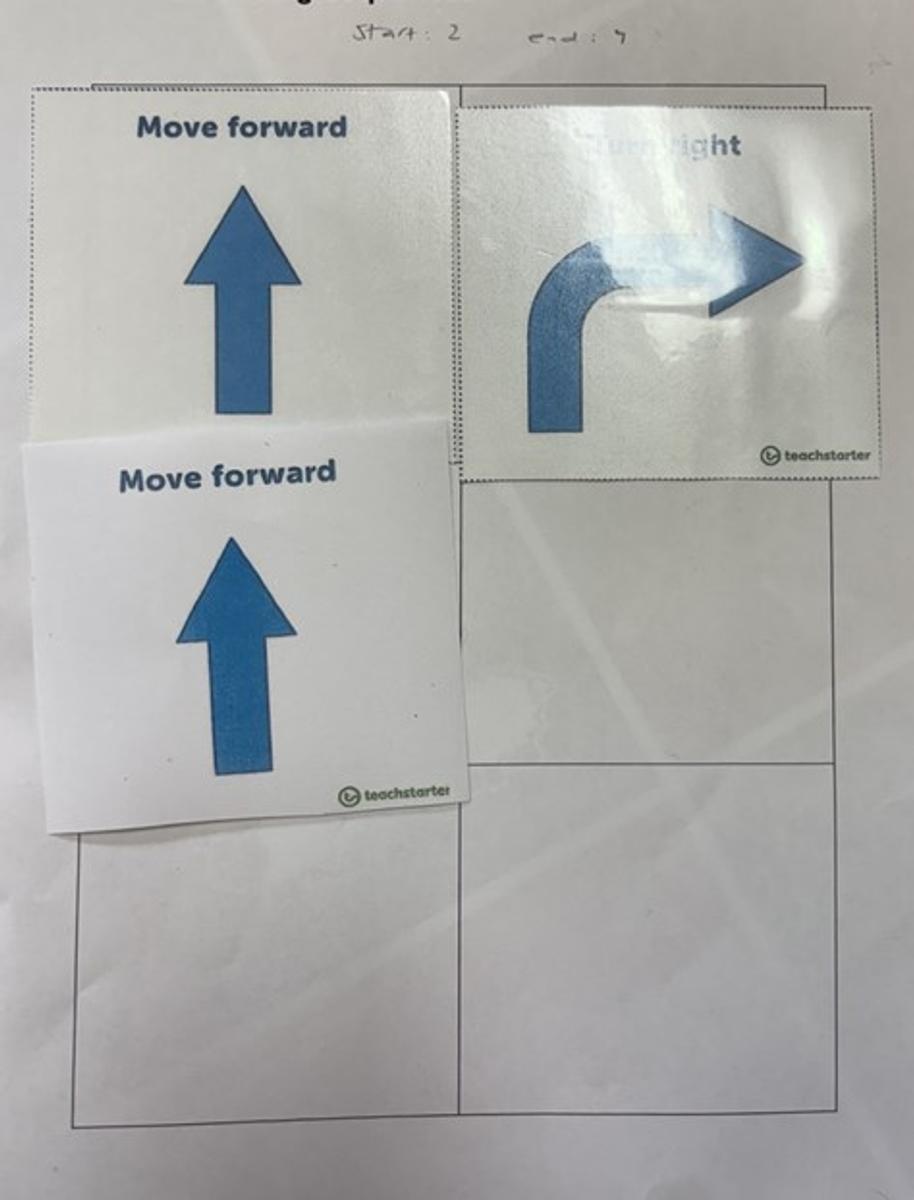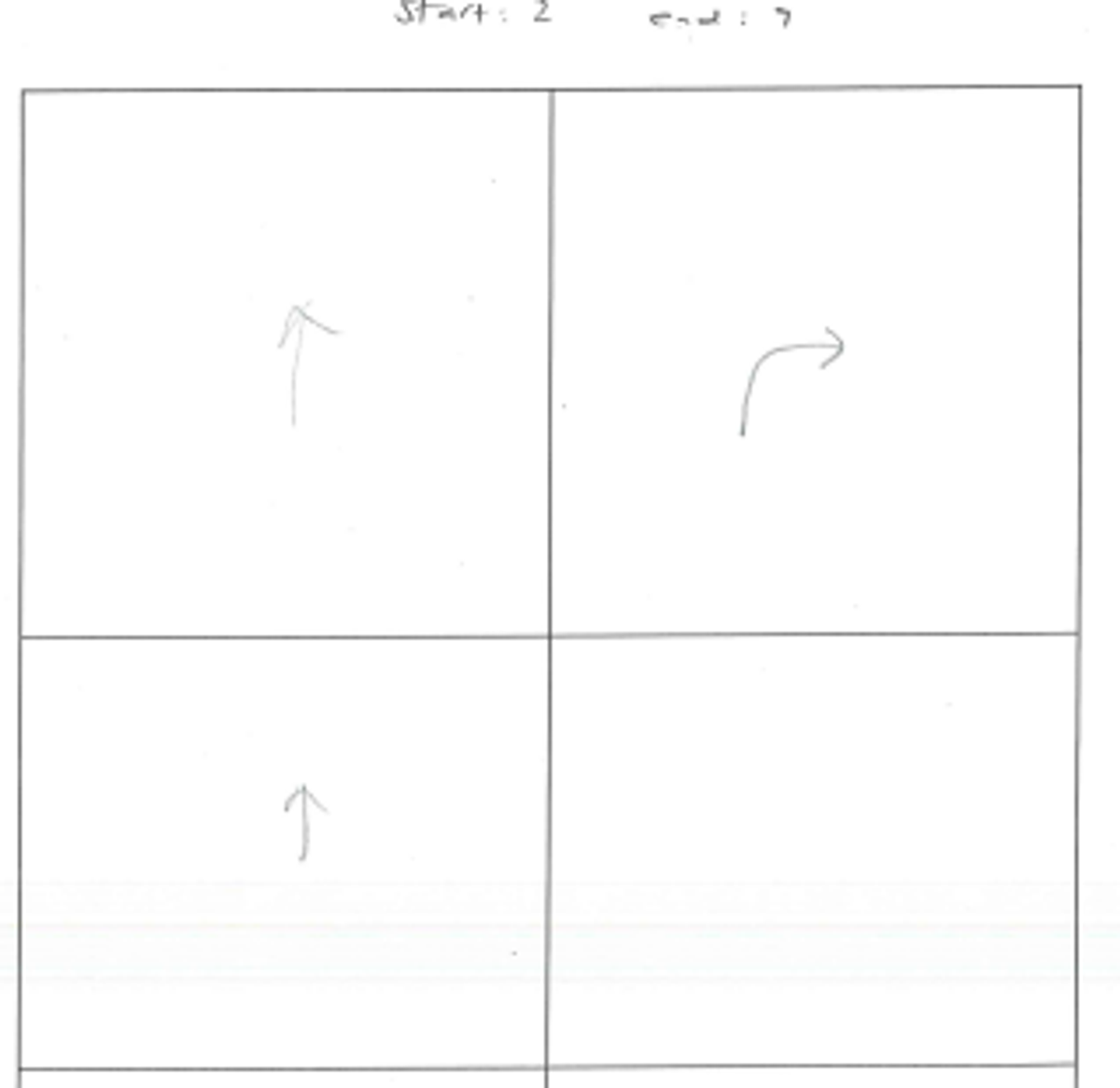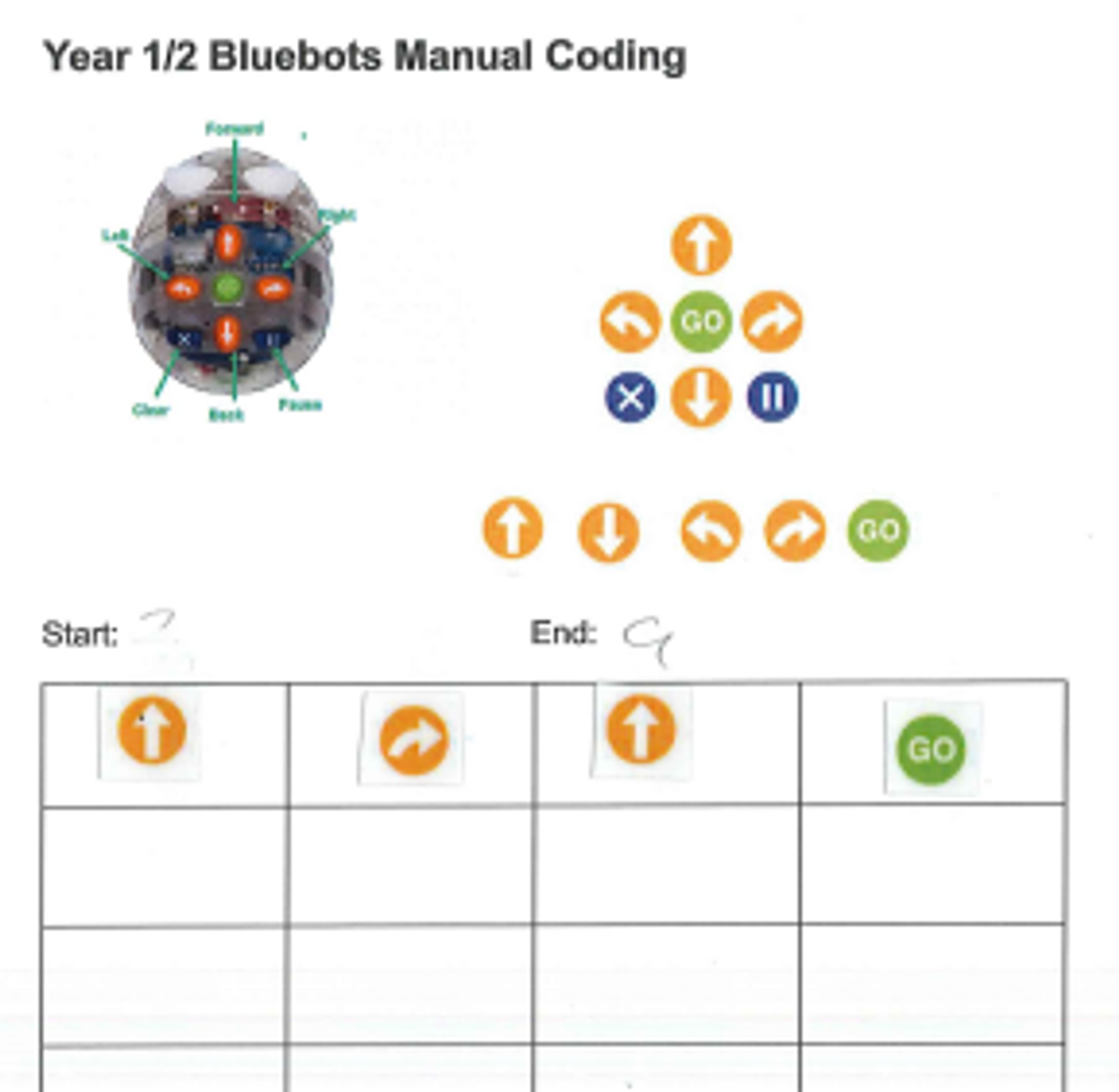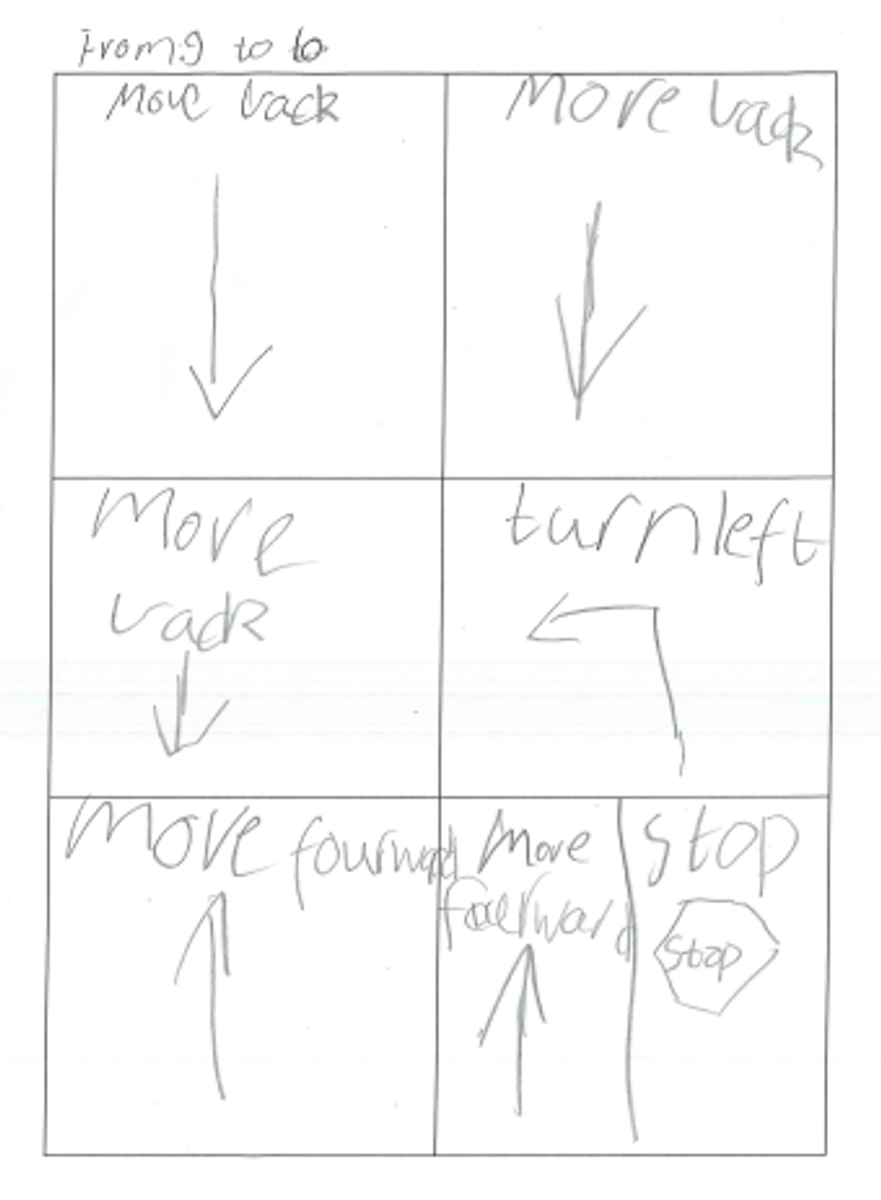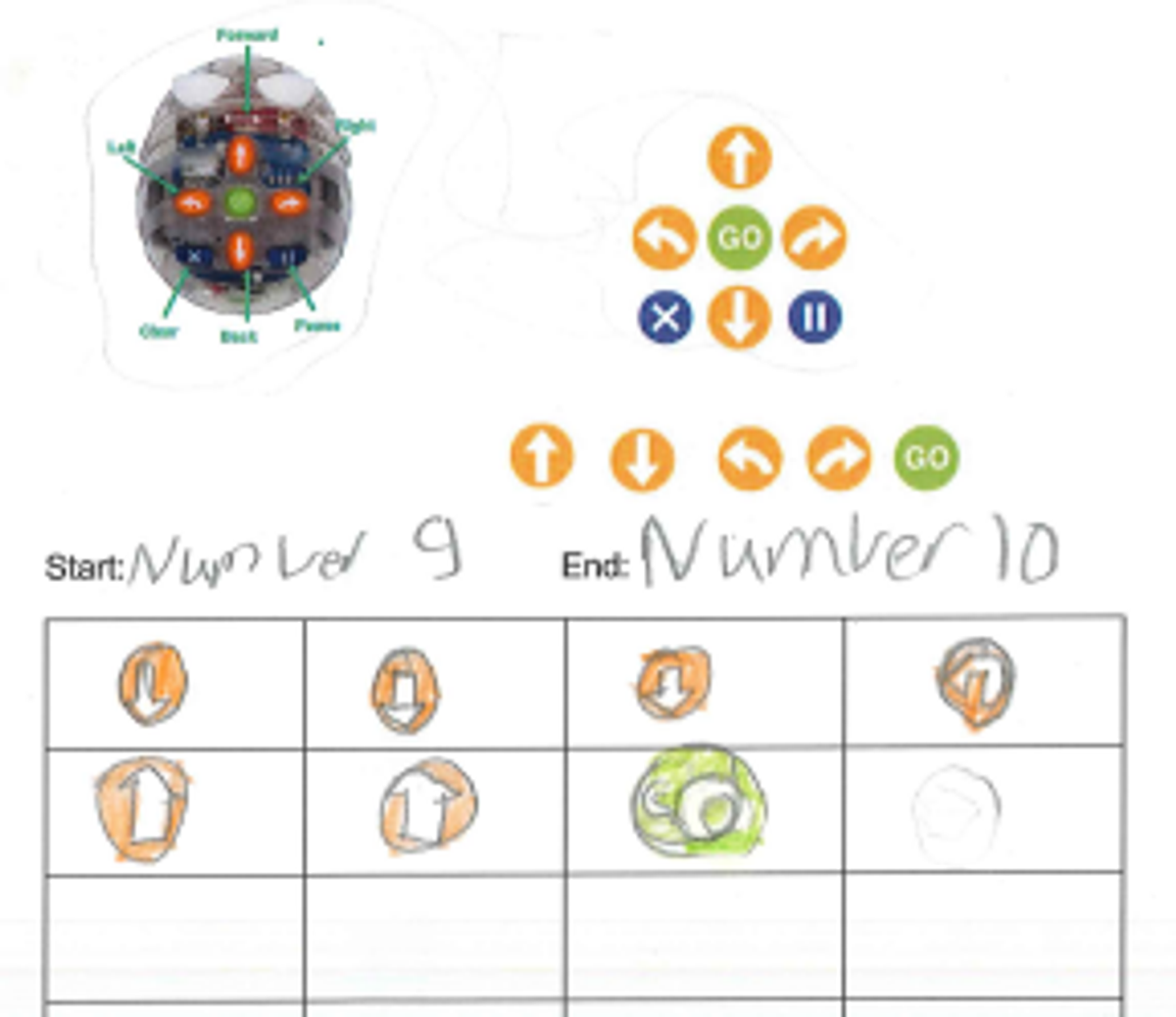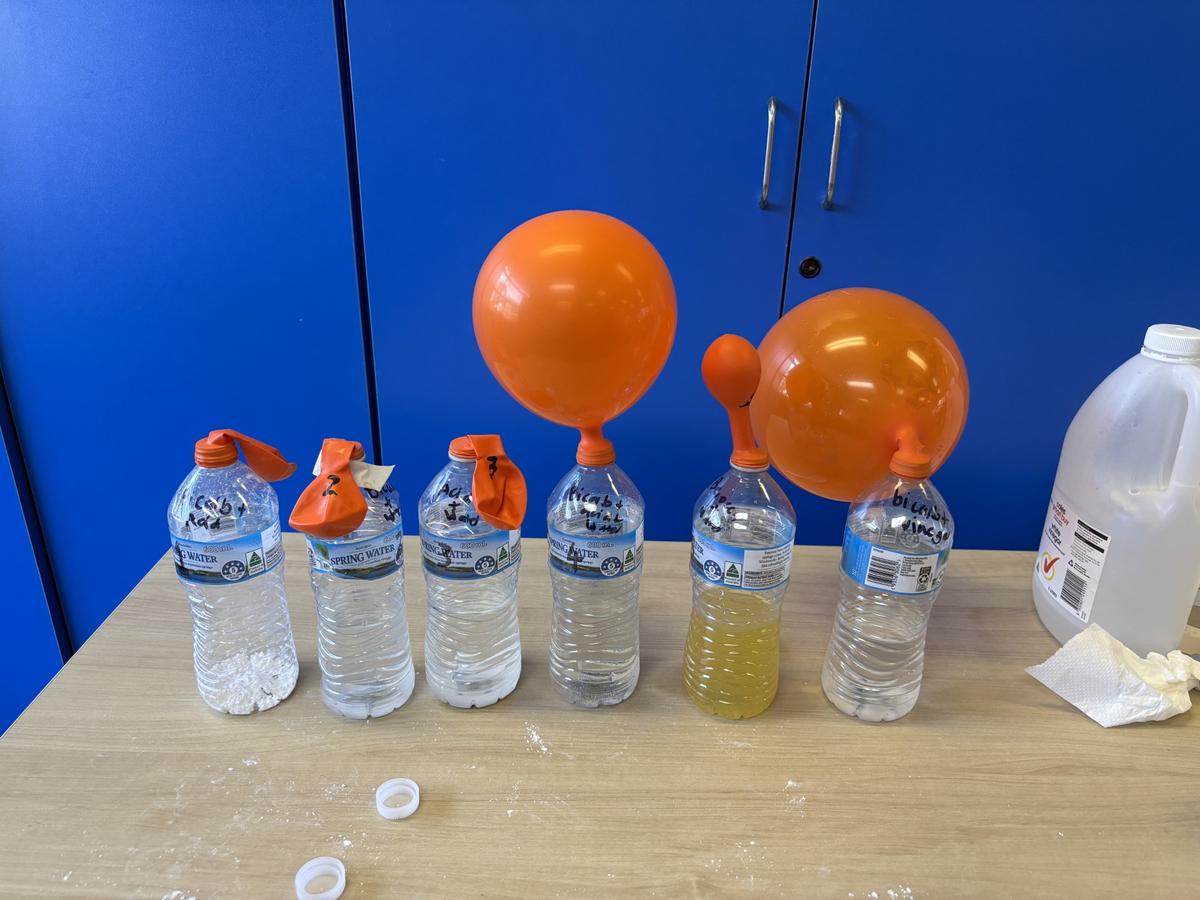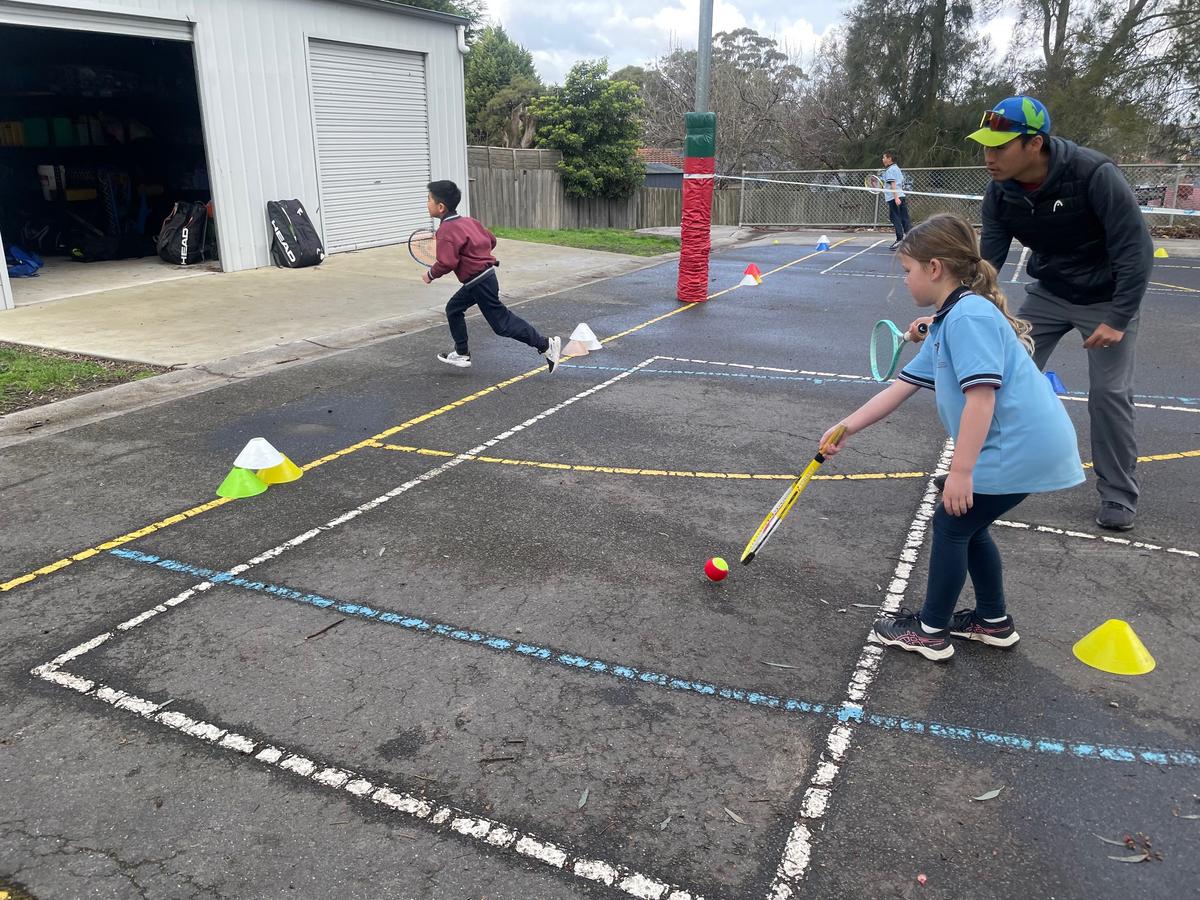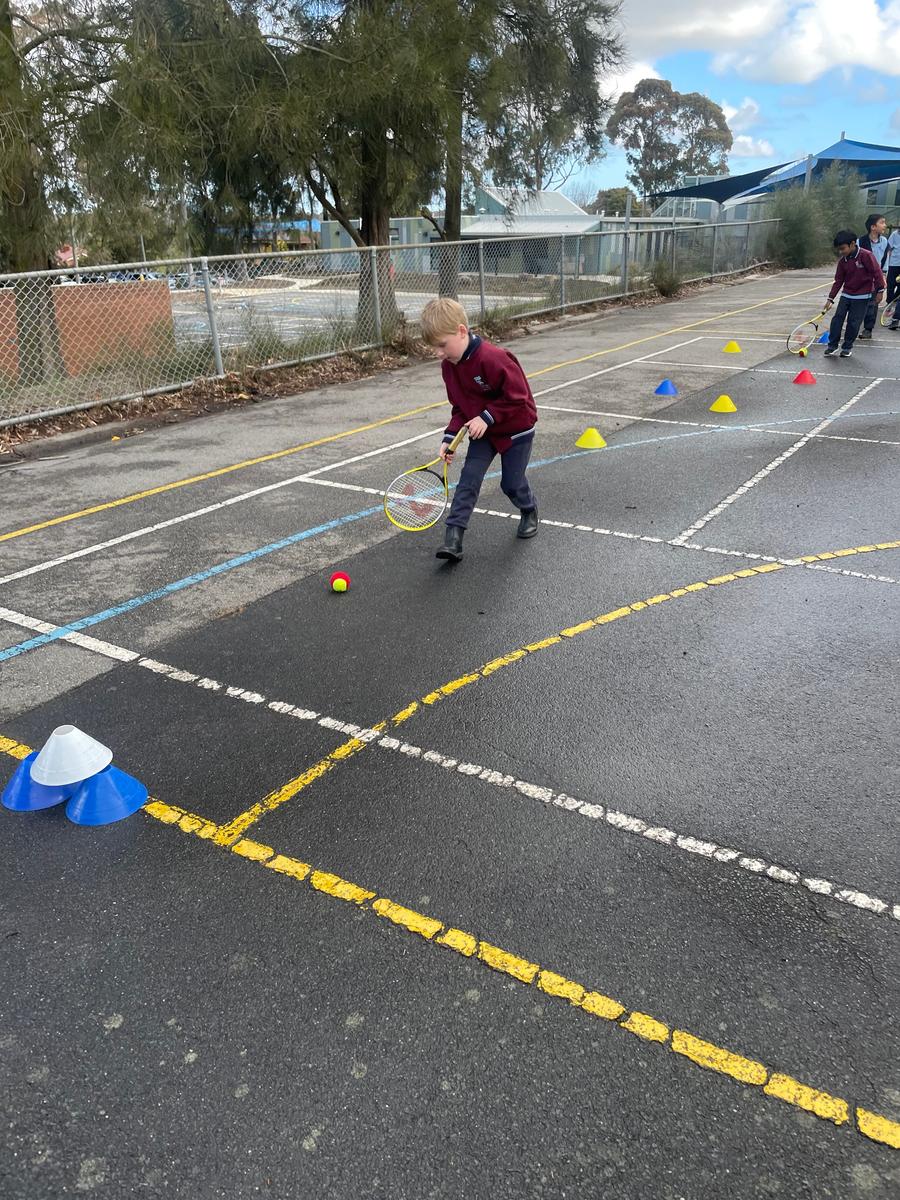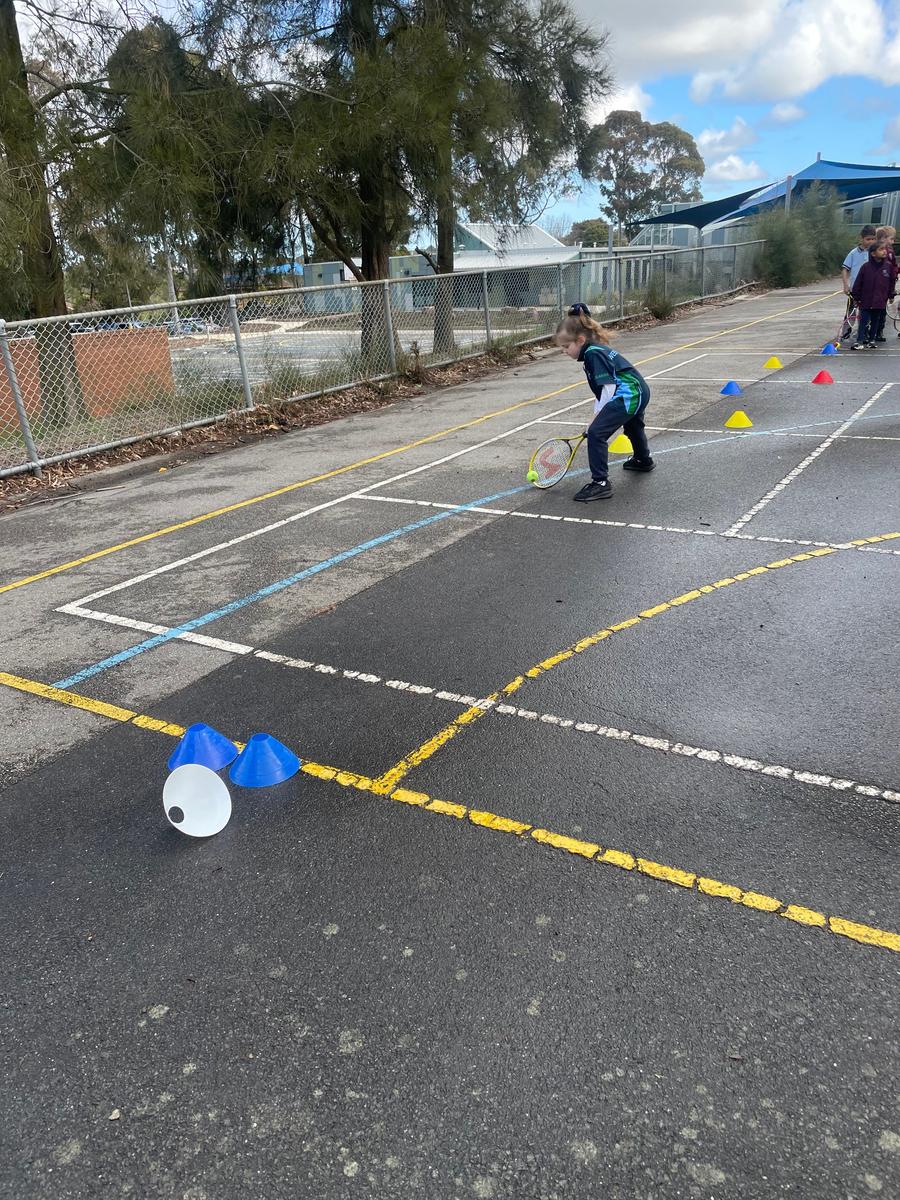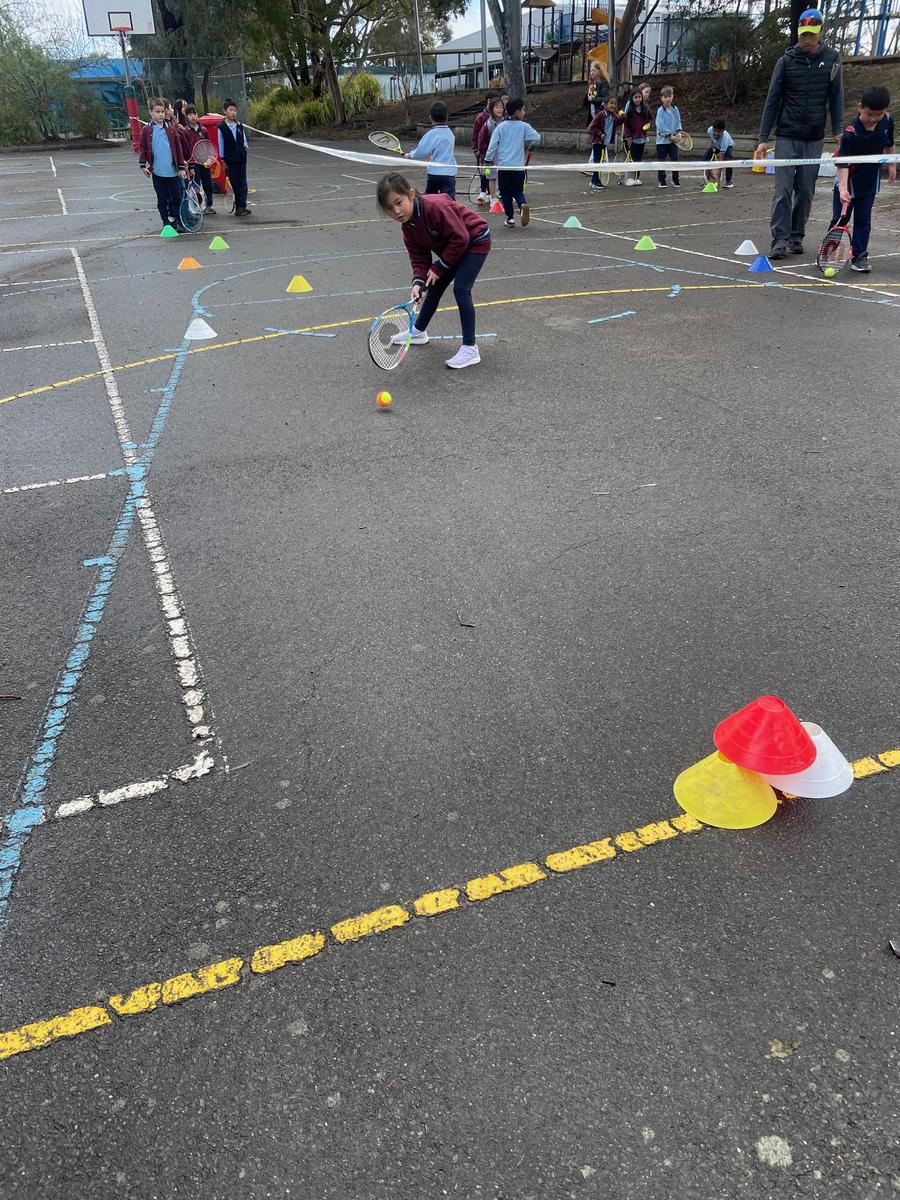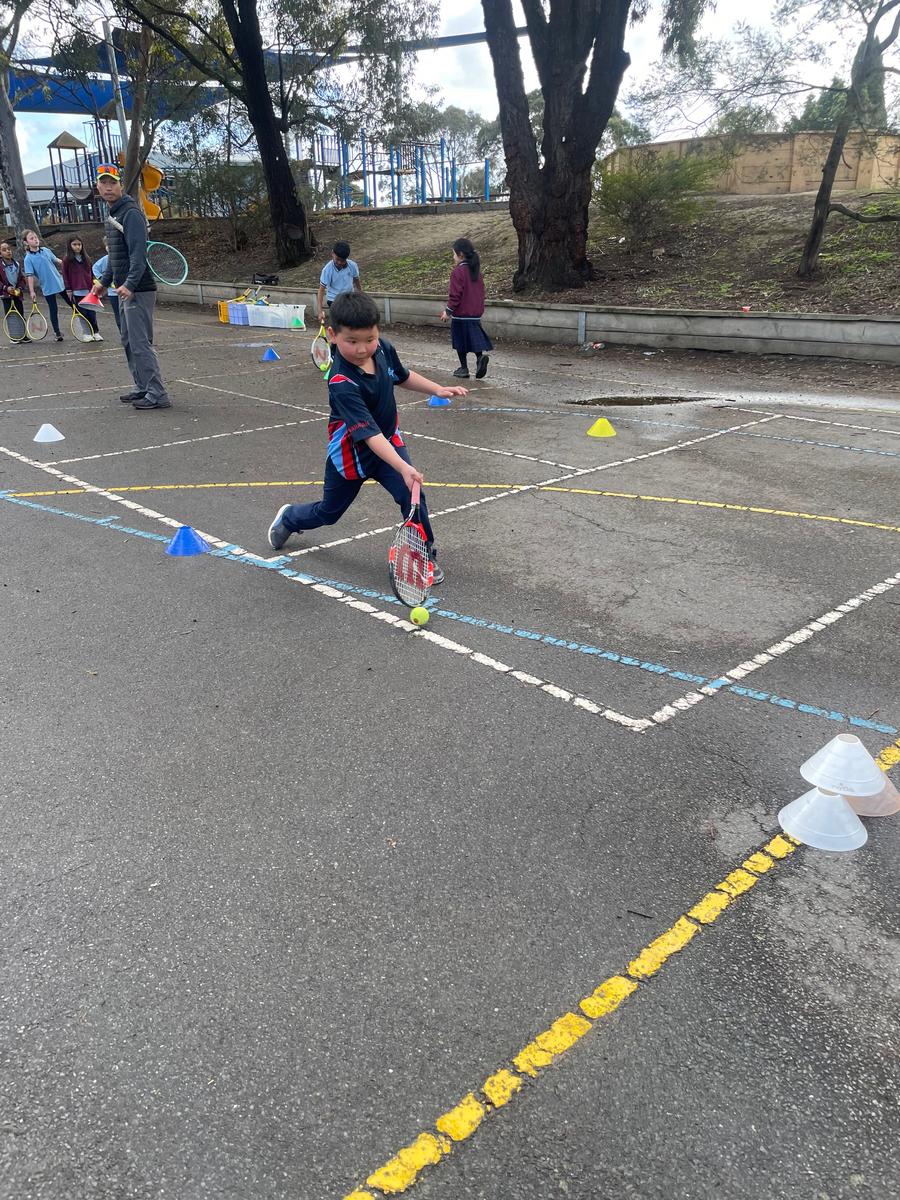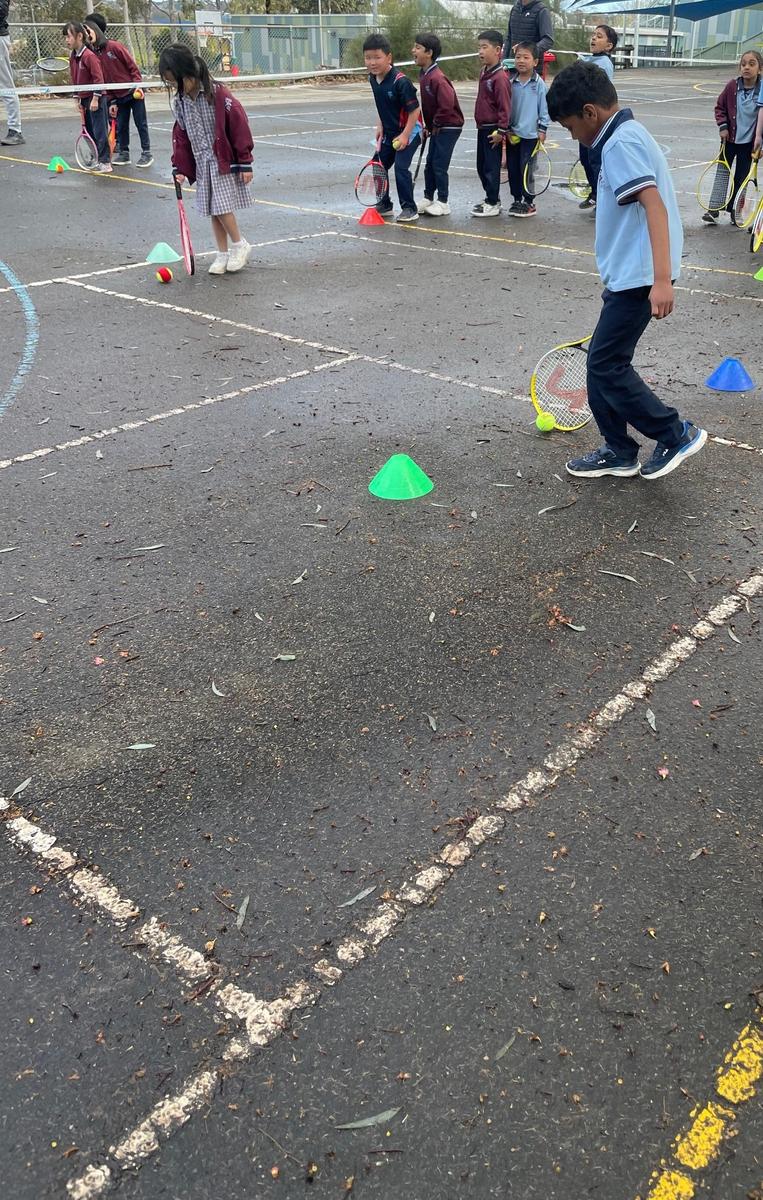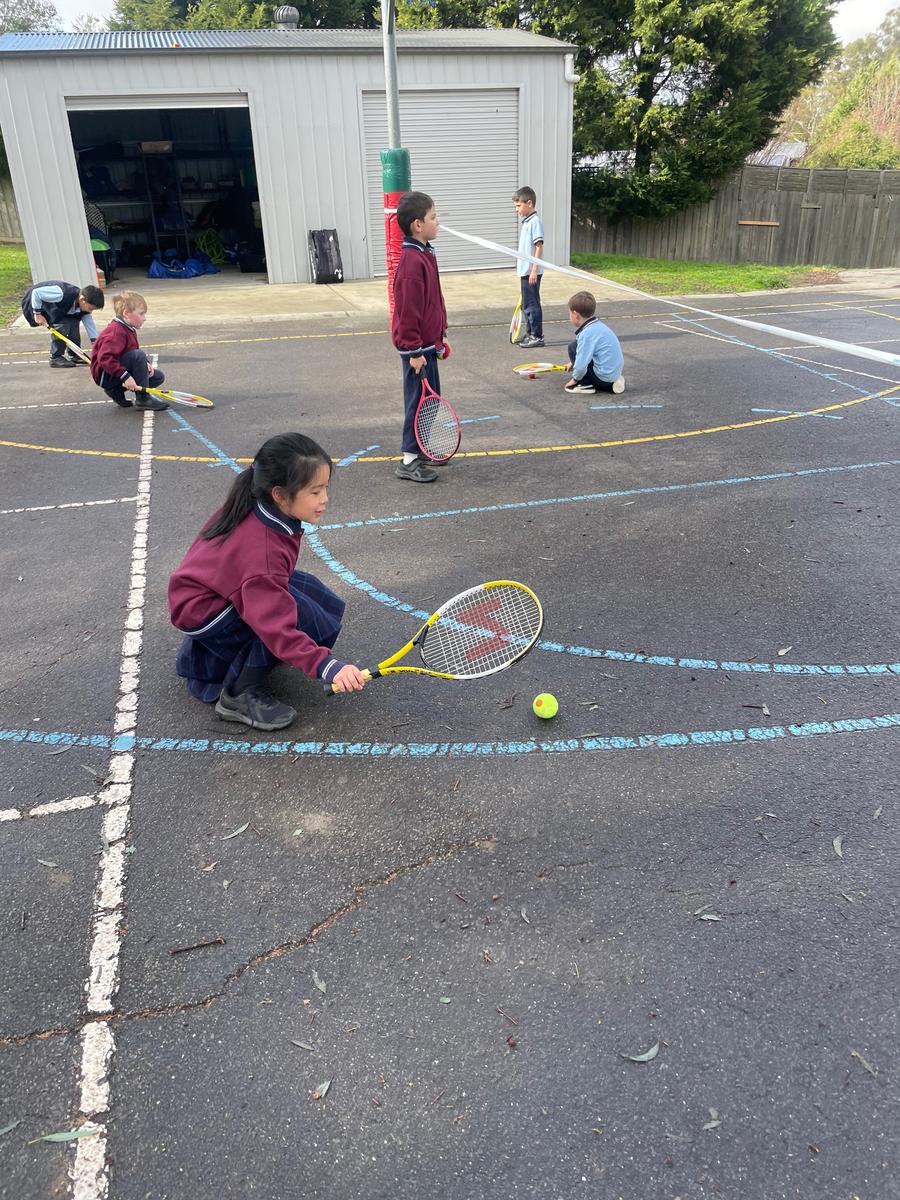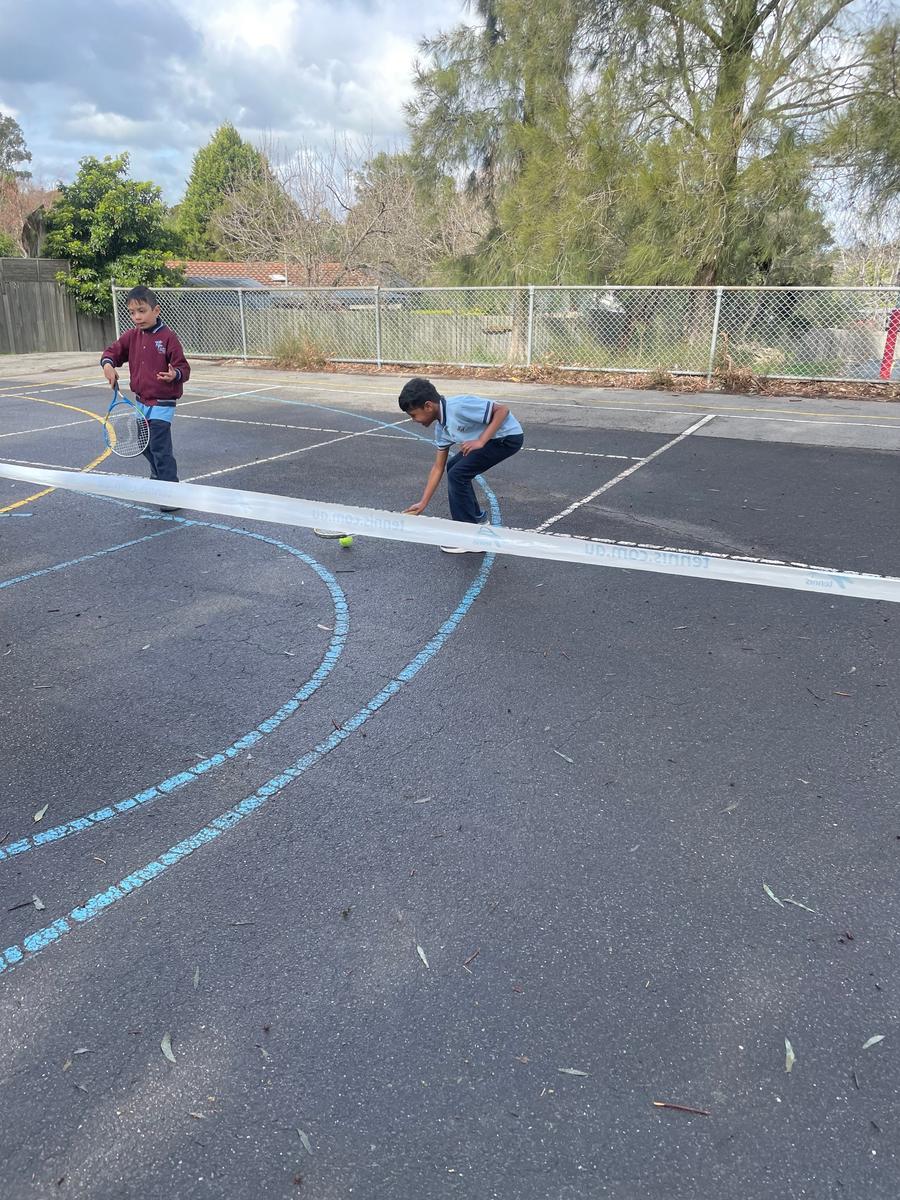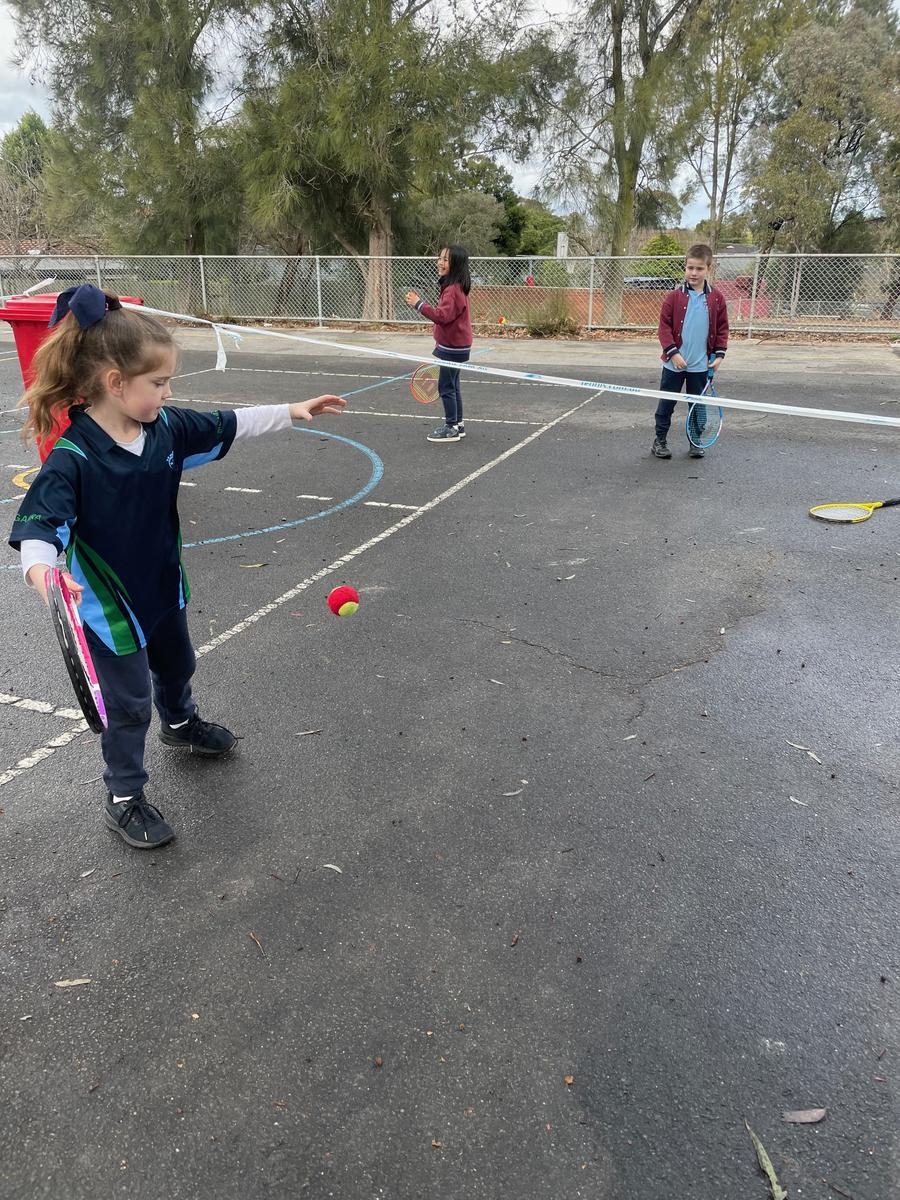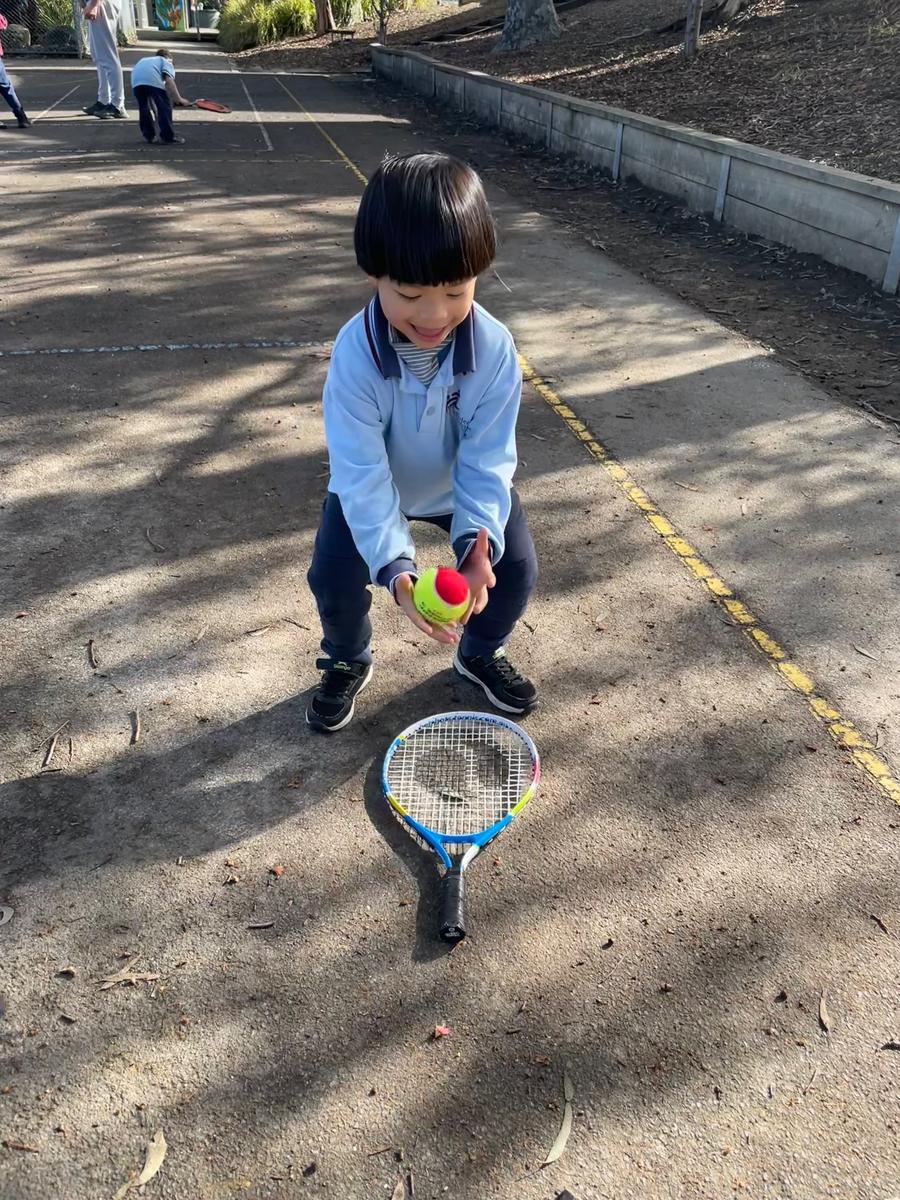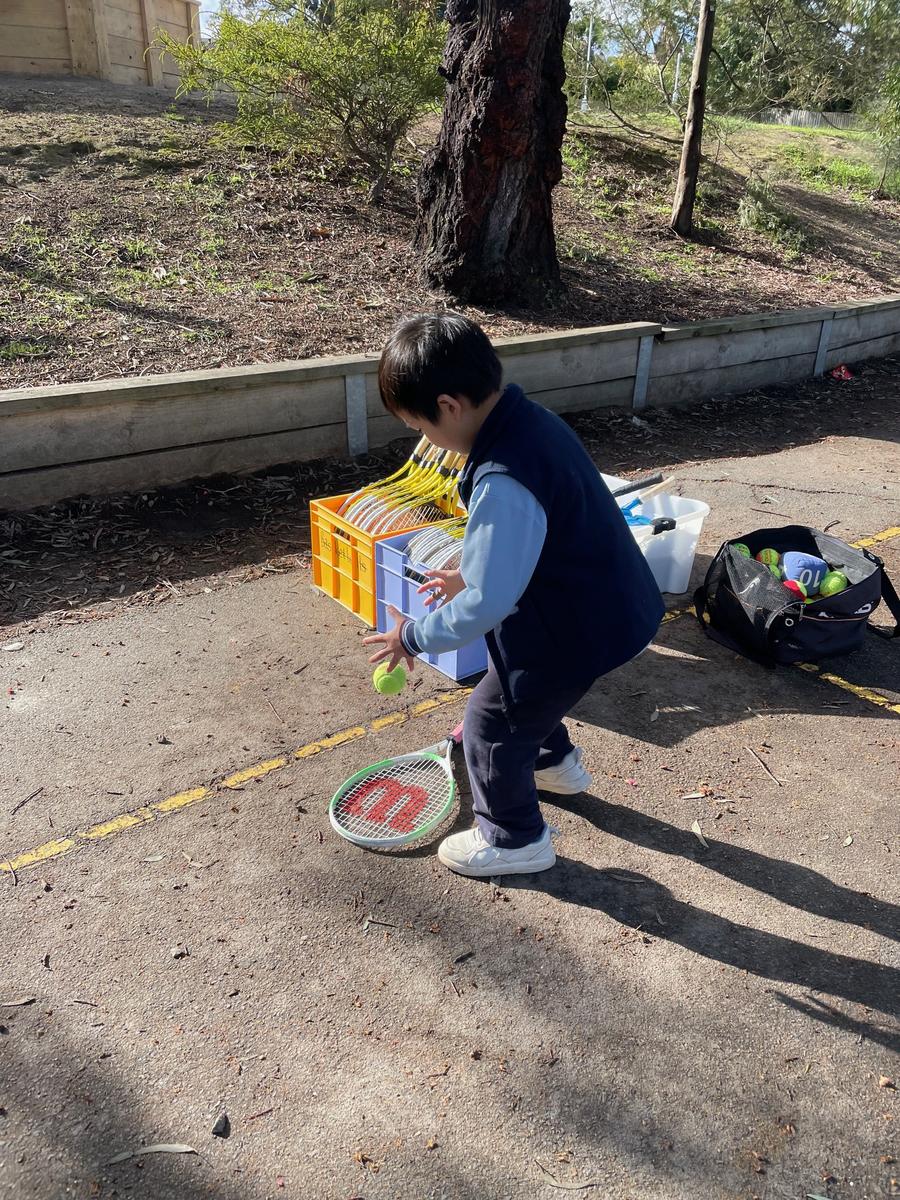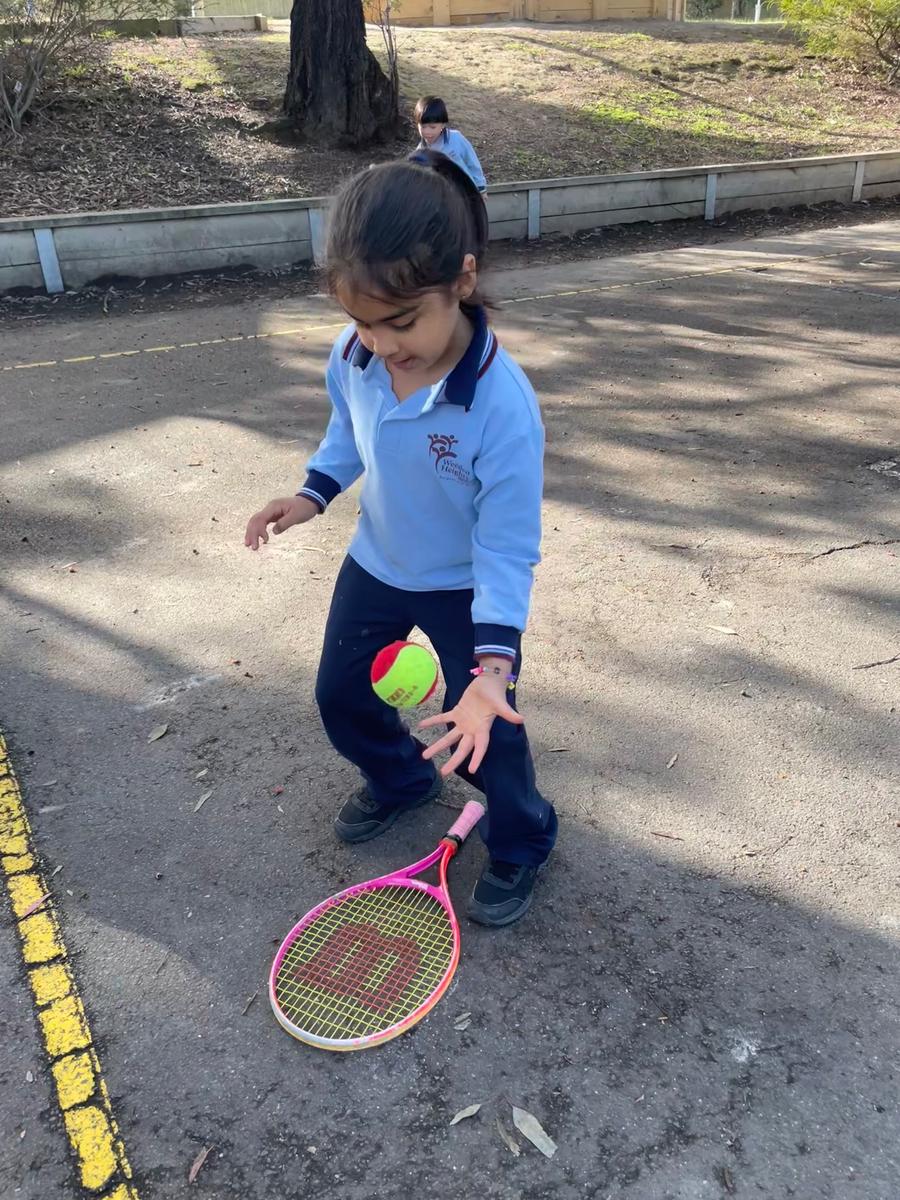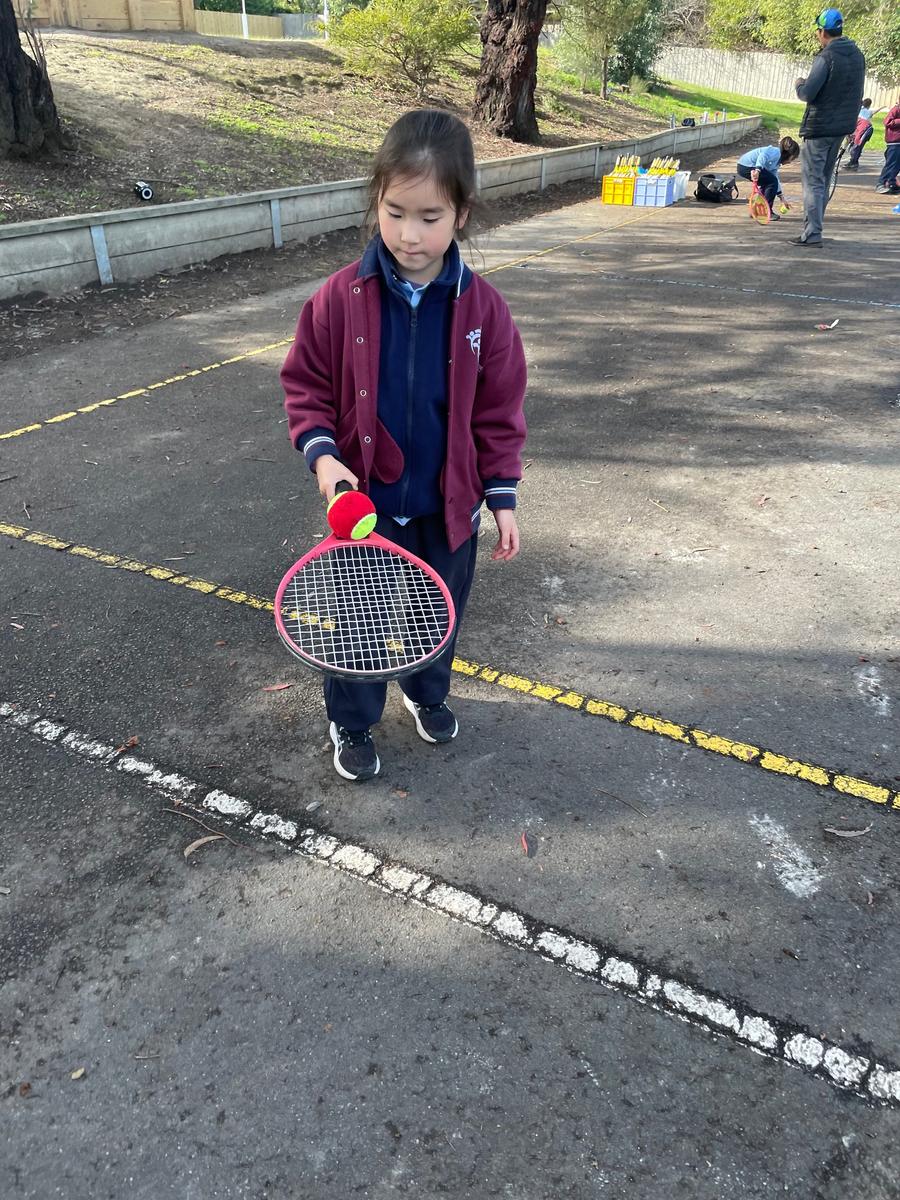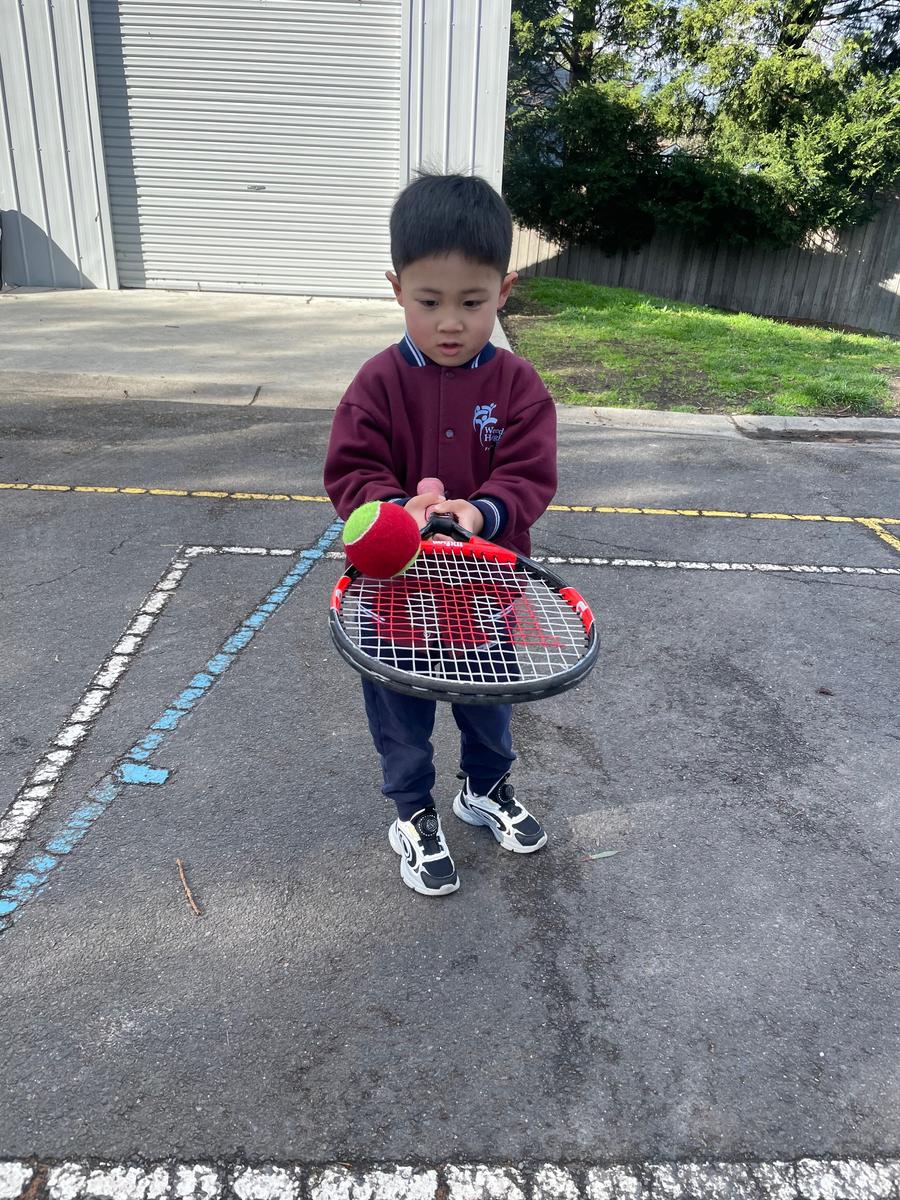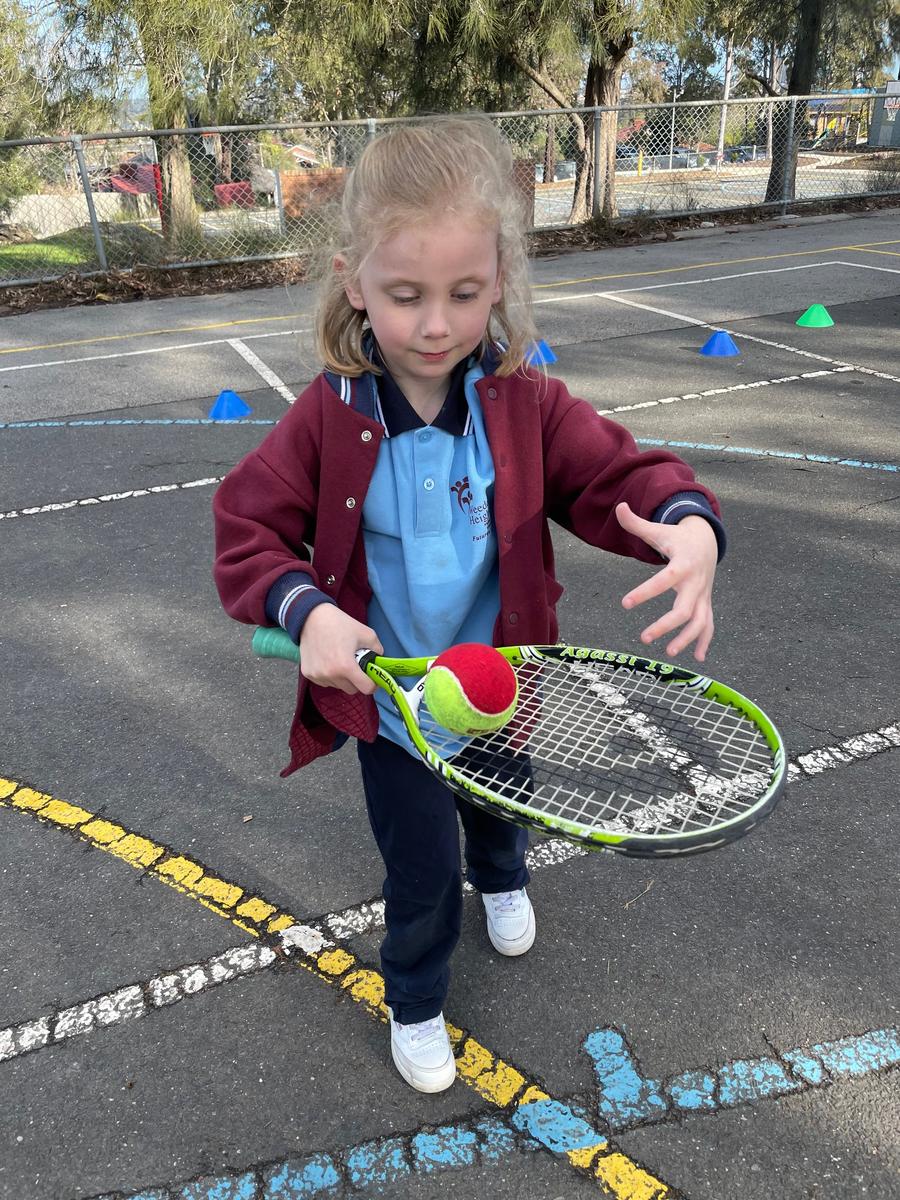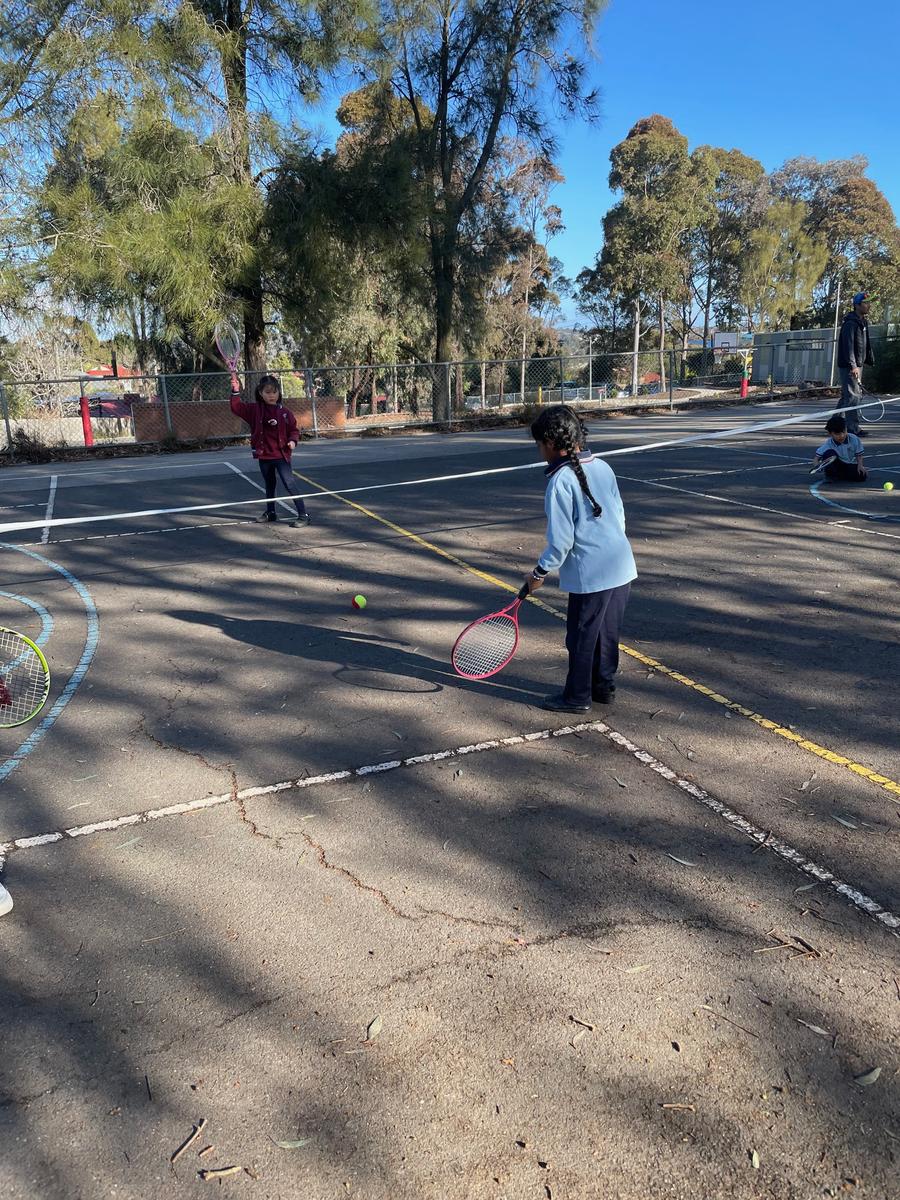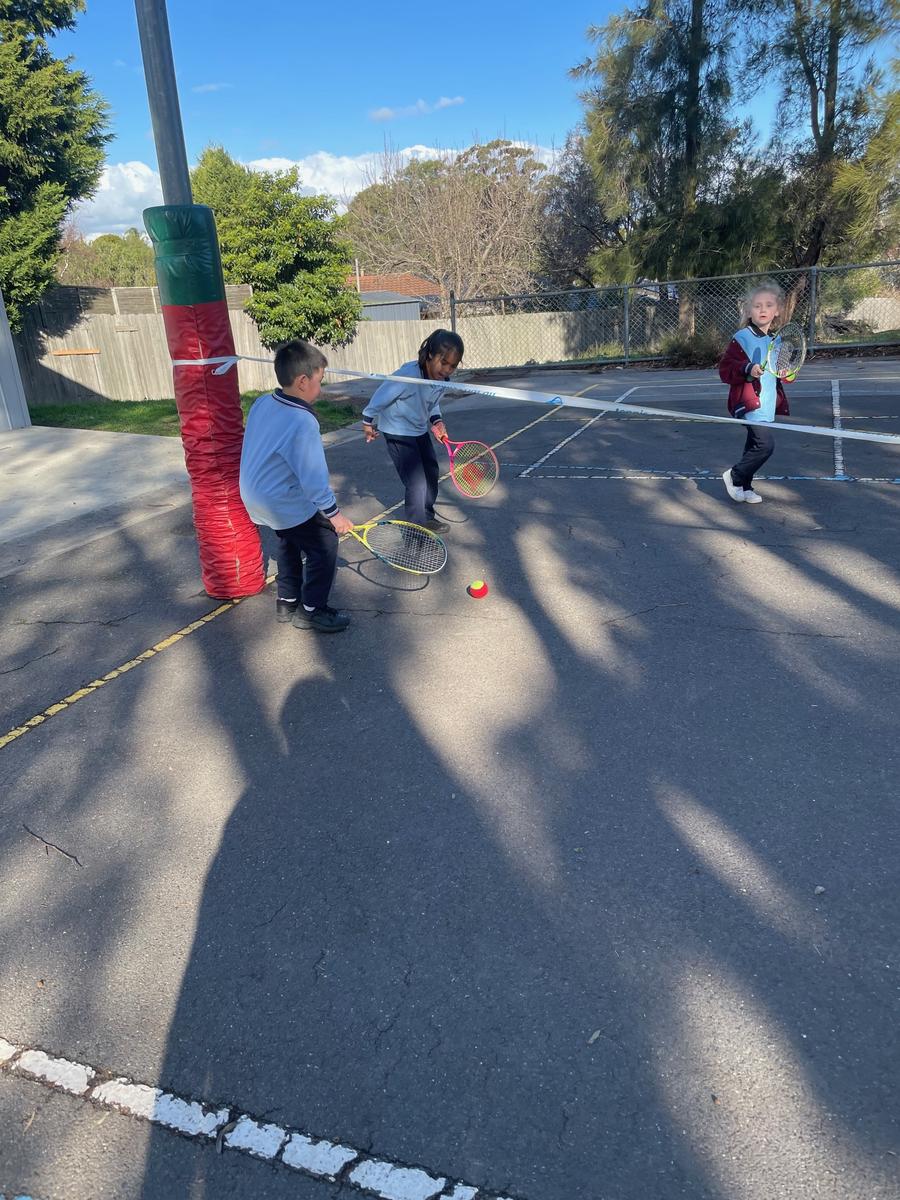Specialists
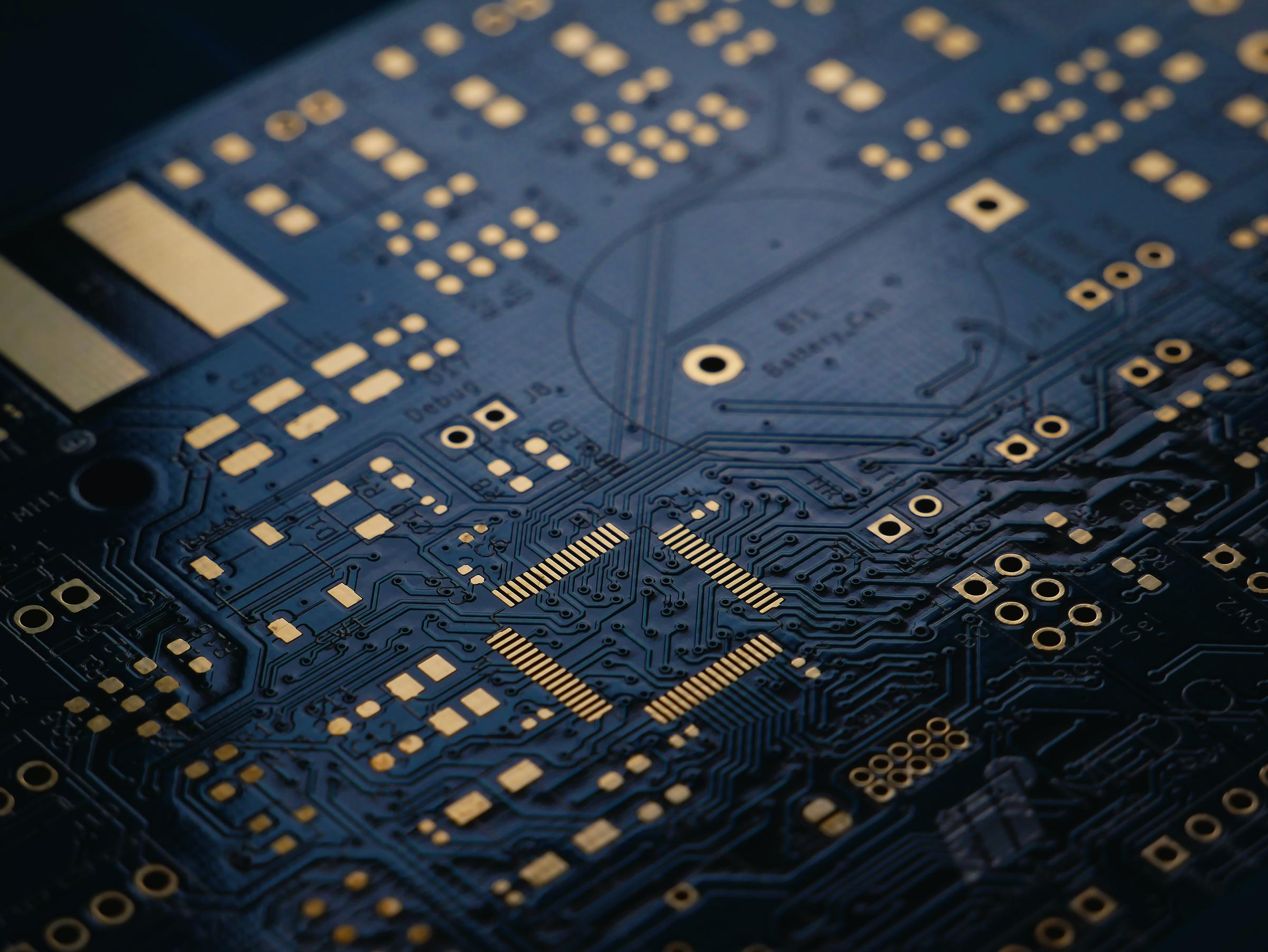
STEAM
Weeden Heights Primary School students have been focusing on their planning and metacognitive skills in STEAM!
In Term 3:
- Prep students have been learning how family and community needs can lead to new designs. They have explored how Indigenous Australians have utilised technology and engineering for sustainable farming and fishing. Preps have been investigating the UESCO World Heritage listed engineered channels and woven eel traps at Budj Bim. Students have begun to plan their own designs for new solutions for catching fish.
- Year 1/2 have developed their skills in sequencing steps in an algorithm, initially with coding cards, then handwriting coding symbols. They are beginning to understand that there can be different types of coding language and have started to program Bluebots directly with their algorithms.
Year 2/3 have developed their language of coding whilst investigating how block coding can be used to solve problems and challenges in code.org. They have developed an understanding of algorithms, inputs, outputs and commands. They have used loops/repeats to make their coding more efficient and branching/iteration to develop flexible computational models that respond to context. Throughout these challenges the students are learning important debugging skills, developing their critical thinking, perseverance and resilience.
Year 5/6A have developed a deeper understanding of block coding by predicting, running, investigating, and modifying existing code. Their new knowledge was applied to write new (make) block coding algorithms to program Sphero robots.
- Year 5/6C have been investigating various ‘mess scenes’ to develop their understanding of the differences between physical and chemical changes. They have discovered that applying heat can cause reversible changes frozen milk cubes, resulting in a change in shape from cube to puddle and state from solid to liquid. Students have also developed their science inquiry skills, learning that a fair investigation involves changing one thing (the chemicals added), measuring another thing (time to reaction or amount of gas produced) whilst keeping all other variables the same. They discovered that an acid (vinegar) and a base (bicarb soda) can produce a large volume of gas captured in a balloon (a new product) in a chemical reaction.
Fantastic work, Weeden scientists!
Physical Education
Students from prep to grade 4 enjoyed a fun filled tennis clinic with We Are Tennis in Vermont South https://wearetennis.com.au/tennis-lessons-vermont-south/

